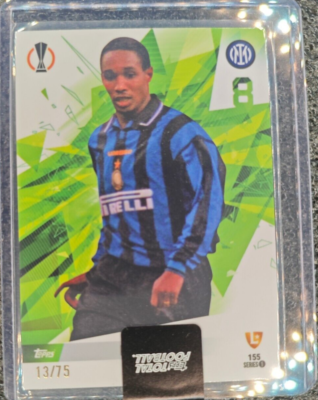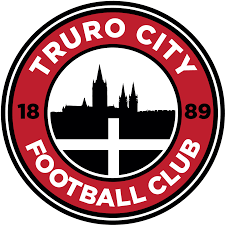The Remarkable Journey of Paul Ince in Football

Introduction
Paul Ince is a name synonymous with English football, known for his impactful career as both a player and a manager. As one of the few Black midfielders to gain prominence in the 1990s, Ince broke barriers and set a standard for future generations. His journey in football not only showcases his exceptional skills on the pitch but also highlights the evolving landscape of diversity and representation within the sport. In this article, we will delve into the milestones of Ince’s career, examining his influence from his playing days to his current managerial role.
Playing Career Highlights
Born on 21st October 1967 in Ilford, London, Paul Ince began his career at West Ham United before moving to Manchester United in 1989. At United, he quickly established himself as a key player under the management of Sir Alex Ferguson, helping the team secure two Premier League titles and the FA Cup. Ince became known for his powerful midfield presence, tactical intelligence, and leadership qualities. His time at United also marked a turning point, demonstrating the potential of Black English players in a predominantly white league at that time.
Ince’s success continued as he also played for clubs like Inter Milan, Liverpool, and Middlesbrough, attaining various accolades throughout his career. He earned 53 caps for the England national team, representing his country in multiple international tournaments including the 1998 FIFA World Cup.
Transition to Management
After retiring as a player, Paul Ince transitioned into management, starting with a role at Macclesfield Town in 2007. He went on to manage other clubs, including Notts County and Blackpool. Ince’s managerial philosophy has drawn from his extensive playing experience, focusing on discipline, hard work, and resilience. However, his path has not been without challenges in an often unforgiving football management landscape.
Recently, Ince returned to management at Reading FC, where he is tasked with steering the club through difficult times. His involvement in the club reflects the growing trend of former players taking on managerial responsibilities, demonstrating a deeper understanding of the game and an ability to inspire younger talent.
Conclusion
Paul Ince remains a pivotal figure in the narrative of English football, not only for his athletic prowess but also for his contributions to football management. As he navigates his current role with Reading FC, Ince stands as a testament to the importance of representation in sports and continues to serve as an inspiration for aspiring footballers around the globe. With the landscape of football constantly evolving, Ince’s experience and leadership are likely to shape the future of teams he manages and influence the next generation of players.









